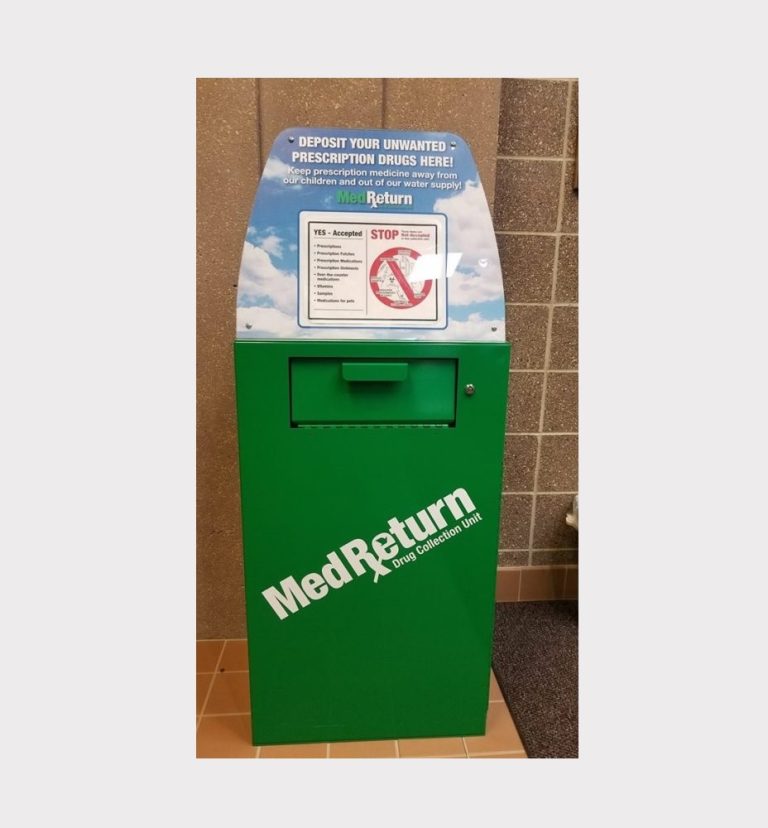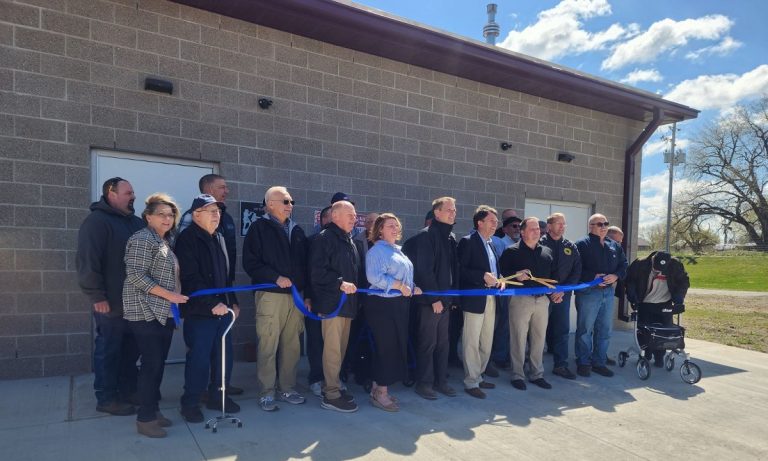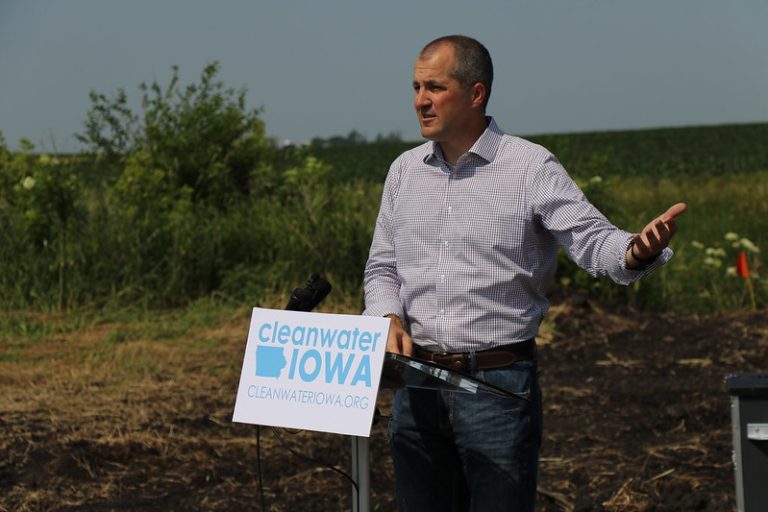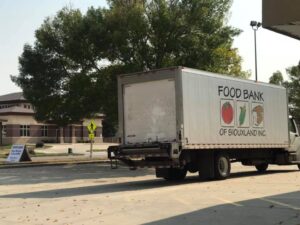Statewide Iowa — Iowa Governor Kim Reynolds says that for the third year in a row, Iowa has made progress in improving the reading skills of students in kindergarten through the third grade. She also announced a new early literacy blueprint to strengthen teachers’ skills in reading instruction.
Reynolds tells us about the improvement.
The governor says that we must prepare all students for success beyond high school so they can pursue rewarding careers, and their success starts with the ability to read. She says she’s proud that Iowa schools are seeing steady progress in their efforts to catch and address reading problems in children as early as kindergarten.
The governor says Iowa school districts and nonpublic schools screen K-3 students in reading three times a year as part of a 2012 law that focuses on making sure all students are reading on grade level by the end of third grade.
She says it helps teachers screen children’s reading skills and adapt instruction individually for students identified as at risk. Schools also work with parents to help students at home to improve reading skills.
Iowa Department of Education Director Ryan Wise says that early literacy is essential because students who struggle to read early on are more likely to drop out of school, less likely to pursue postsecondary education and training and less likely to earn a living wage. He says that if our schools can maintain steady student growth in reading, we will see a dramatic shift in Iowa’s reading results over time, and our students will have a better chance of success in school and in life.
Gov. Reynolds also announced that Iowa will build on its early literacy progress by helping teachers improve the quality of their reading instruction.
The Reynolds administration says Iowa legislators this year set aside over $300,000 for the blueprint, which equips teachers with effective literacy practices, strengthens their instructional skills and provides schools a starting point for evaluating literacy plans and ensuring developmental milestones are met.












